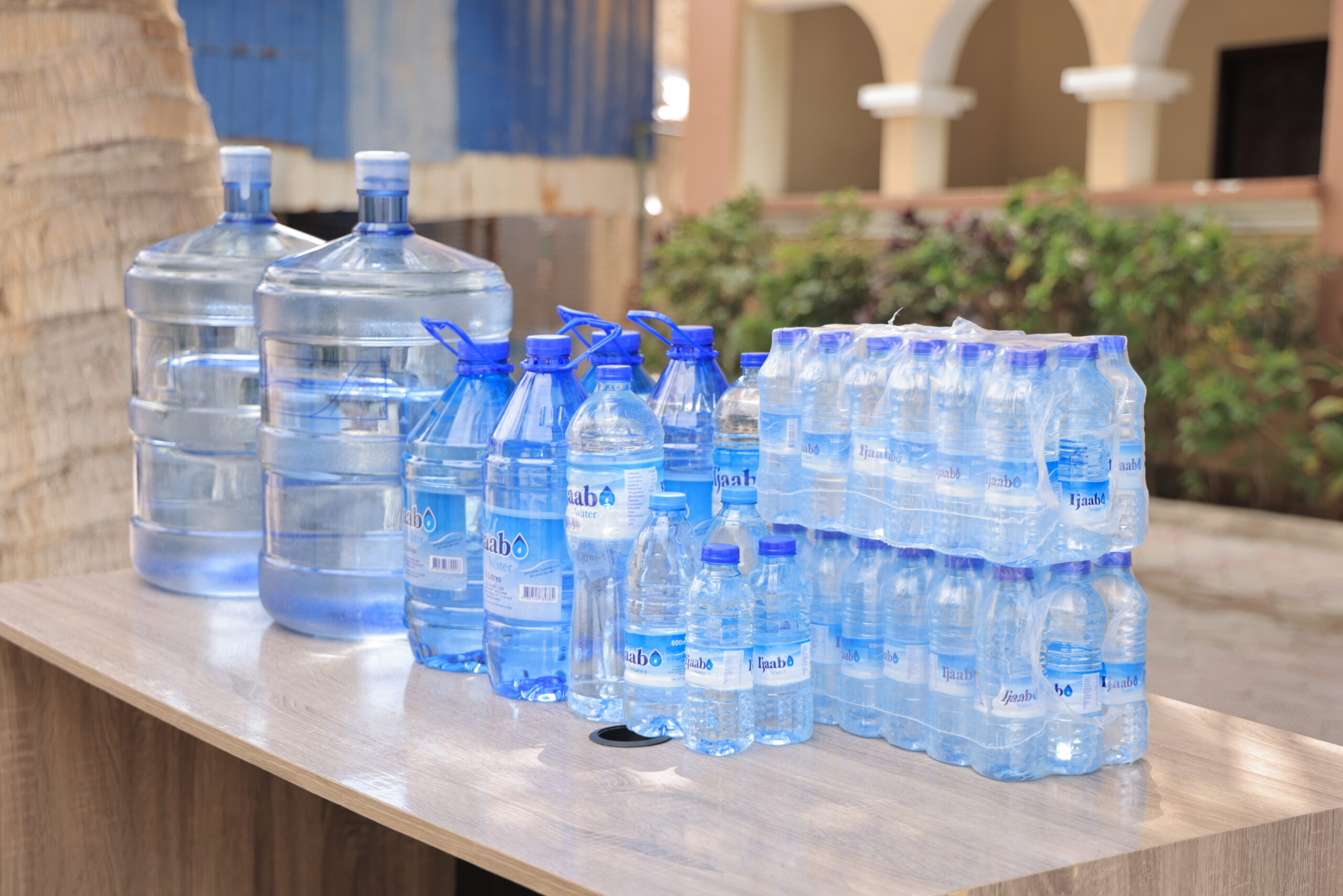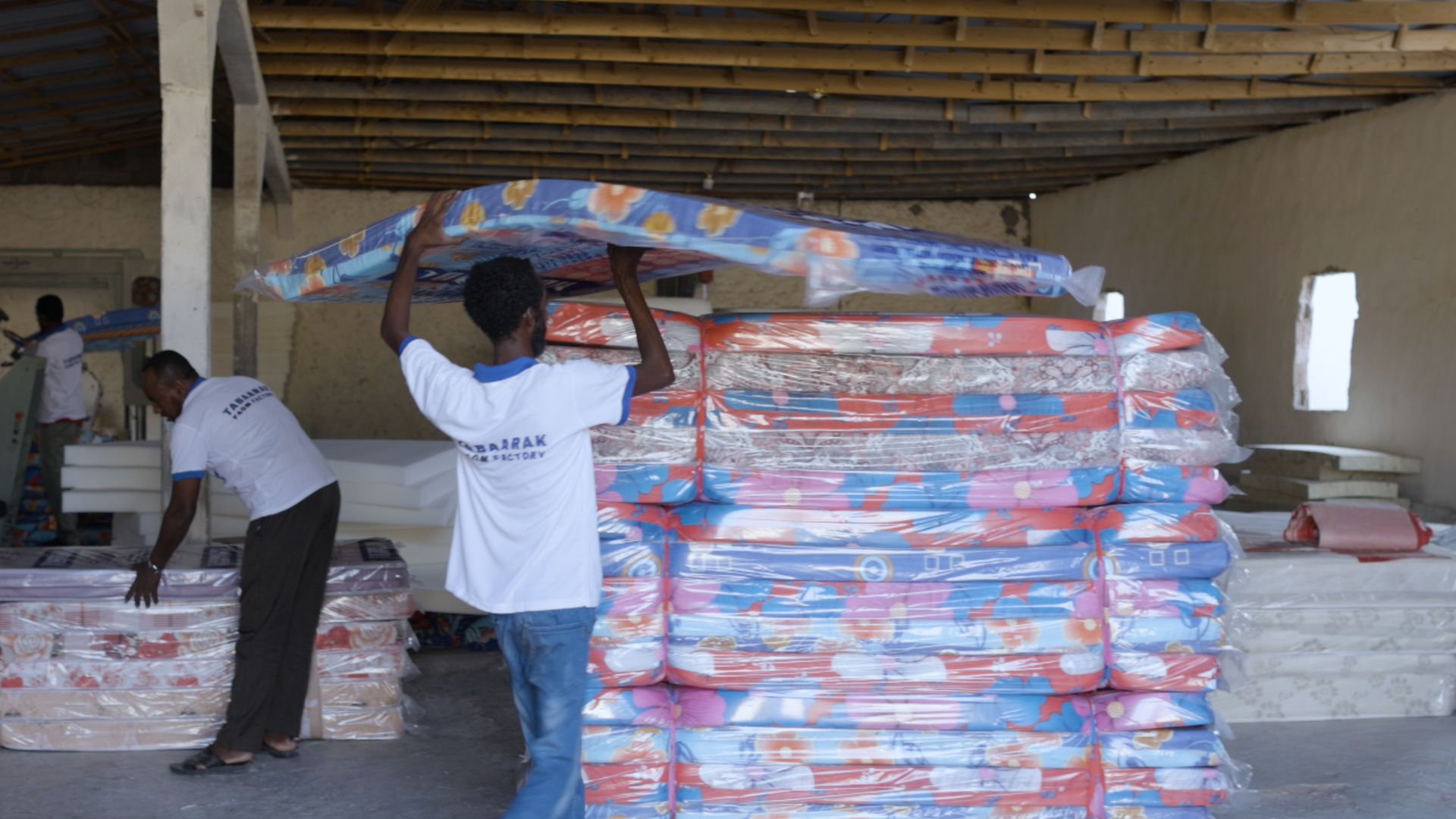When Abdirahman Abdisalan reflects on Borama two decades ago, he remembers a modest town with no high-rise buildings and a population of fewer than 50,000. Today, Borama is a bustling city of over 200,000 people, a transformation that has come with one pressing challenge: water.
In 2003, Abdirahman co-founded SHABA Water Company under a public-private partnership to address the growing demand for safe, accessible drinking water. At the time, the city’s public utility could produce only 500 cubic meters of water per day, far below the needs of a rapidly growing population. SHABA took bold steps, drilling 10 new boreholes and raising daily water production to 4,300 cubic meters, a nearly 760% increase, drastically improving access for thousands of households.
However, meeting demand came at a high cost, one and a half to two trucks of diesel every day just to pump water!
The company faced skyrocketing operational costs as global fuel prices fluctuated, and over-extraction was causing the water table to drop dangerously, from just 8 meters down to 135 meters. Faced with these mounting challenges, SHABA needed a sustainable solution.
That turning point came through financing from Shuraako, an impact investment initiative of One Earth Future. SHABA secured a loan of $671,040 (originally $800,000, with partial disbursement) to implement solar-powered pumping systems.
90% of the funding to was invested in renewable energy, solar systems were installed on five of their eight wells and on their main booster station.
The results were immediate and dramatic. SHABA reduced diesel consumption at its main station by 50%, from 1,600 to 800 liters per day, and cut overall fuel costs by 30%. The solar system now runs most of the operation during the day, powering water distribution from 8 a.m. to 4 p.m. without diesel. These savings created room for more growth.
Business Growth and Economic Impact
Since receiving the financing:
- SHABA expanded operations to western Borama, with technical support from the World Bank, which recognized the success of its solar-powered model.
- The company added 2 new technical service teams, introduced new household water connection packages, and is currently exploring smart metering solutions for water usage.
- SHABA also increased its staff by 60%, creating new permanent technical jobs and temporary roles during infrastructure expansion and solar system installation.
The funds they once spent on fuel and spare parts are now used to grow the business and serve more people.
Environmental and Community Impact
The switch to solar energy hasn’t just been good for SHABA’s bottom line, it’s been good for Borama. Reduced fuel usage means less air pollution, lower CO₂ emissions, and a cleaner environment for local residents.
It’s also created a ripple effect of community benefits. Reliable water access has enabled new construction, attracted investment, and improved public health.
What’s Next?
SHABA is now preparing for its next phase: deeper investment in renewable energy, expanding borehole capacity, and exploring regional replication of its solar model in nearby towns.
For Abdirahman and his team, this is more than just business, it’s a mission.



